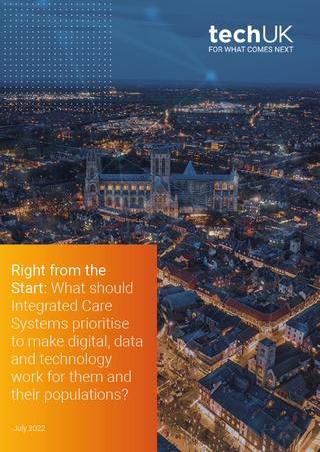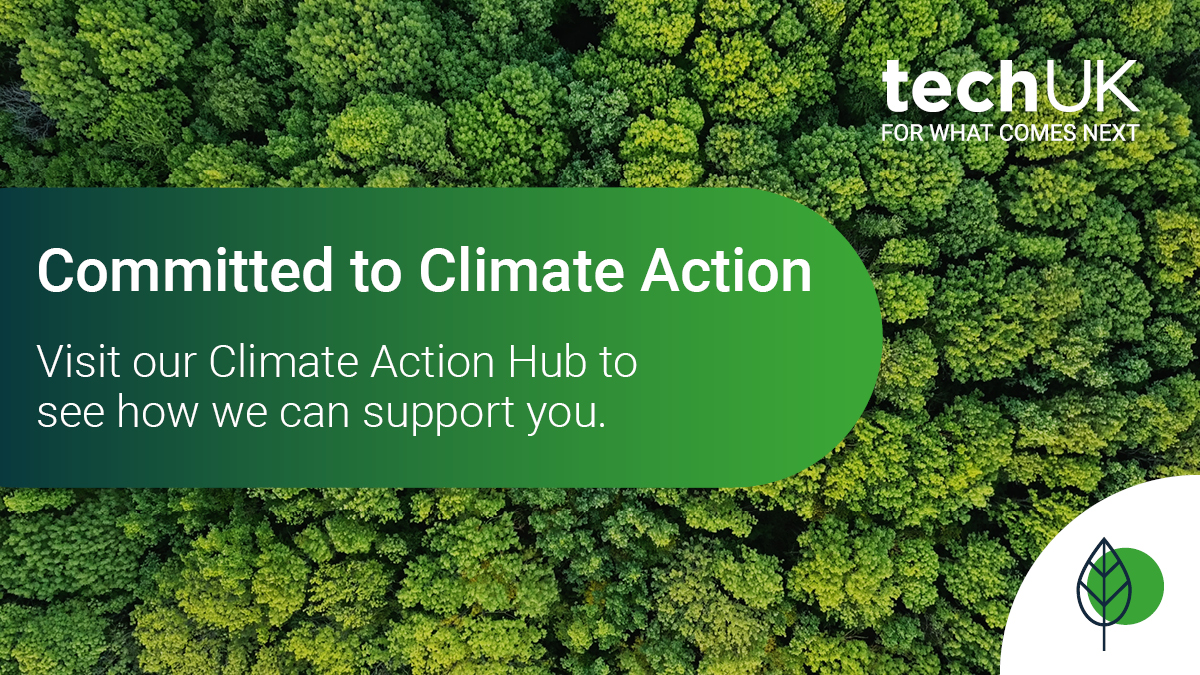How geospatial data is putting EV infrastructure problems in their place (Guest blog by Geovation)
Consumer demand for electric vehicles (EVs) is building. Latest figures report that an estimated one in four motorists in the UK intend to buy an EV over the next five years. But the essential infrastructure needed to support this demand is not in place yet. As it stands, there is only one EV charger available for every 15 cars that need them.
The government has committed to solving this issue. It has set a target of creating 300,000 EV charging points across the UK by 2030. This is a key strand of its Net Zero Strategy and Zero Emissions Policy to reduce emissions by then.
Opportunities
To meet these infrastructure demands, tech advances are essential, and these present an abundance of opportunities for software developers. Digital solutions will be needed to smooth the user experience and make the change from petrol and diesel vehicles to EVs work. Mobile applications are necessary to locate on-street charging locations and larger docking stations. Journey and route planning applications are required to prevent motorists from running out of power on the motorway. Commercial organisations’ EV fleets, particularly those operating last-mile delivery services, need specific support. Beyond consumers, central government, local authorities and private companies will all demand support for future EV and energy infrastructure projects.
For those developers and data-scientists with the digital skills that can orchestrate such a new EV ecosystem, the use of geospatial data will be a key tool. Location data will be there to help determine the optimal locations for charging stations around the UK. It will be there to deliver accurate and timely information to EV users relying on consumer apps. And it will be there to give precise information on different features such as the location of roads, electricity supply, homes and commercial sites, which will govern how future EV infrastructure is placed.
Examples
Early inroads into improving EV infrastructure includes work by Arcadis, who won an OS hackathon challenge last year. It created an EV Charging Site Planner for local authorities and private developers, with an app that identifies suitable locations for installing EV charging points by assessing potential sites. Pulling in data from various OS datasets and council land registry information, it can pinpoint the best locations on maps. Factors such as proximity to existing charge point infrastructure, driving times, land ownership, priority land without any charging points, grid supply from sub stations, amenities (likely places where people would want to leave their vehicles) and greenspaces are calculated. In Leeds, the app revealed the 144 best locations to be found on local authority land.
In addition, tech start-up and Geovation alumni Paua is using geospatial data to create a better charging experience for motorists. It is building an electric fuel card system and data platform which tells customers where chargers are, whether they are available to charge, how to turn chargers on, start them, stop them and then pay for it.
Developers
A 2022 report published by Ordnance Survey (OS), which interviewed 500 developers currently working on UK sustainability projects, found them reporting great job satisfaction. It revealed that over 90% of developers were highly motivated by the opportunity to do something positive for the world and enjoyed the technical challenges these projects present. For those working in the EV field, 87% of respondents agreed that the UK’s Zero Emission Policy was a key driver of their EV project. Of these, 37% worked on EV infrastructure development projects, and 34% on EV projects related to user experience.
Historically, projects requiring geospatial data relied on people with specialist skillsets and geographical knowledge. The data itself was difficult to access. Today easy-to-use geospatial data sets and tools can be quickly found via APIs (Application Programming Interfaces) and online repositories, allowing developers to quickly harness this data for applications. This evolution of usability means there is no longer a need to find specialists to work on sustainability projects, meaning developers of all stripes can bring their skills to bear on our most pressing environmental problems.
One of the best resources around is the OS DataHub, which allows developers to benefit from Britain’s most comprehensive geographic data. By using OS datasets and APIs in their applications, it can bring geospatial solutions to problems much more quickly and easily.
Greater support for developers can be found at Geovation, the OS and HMLR accelerator programme for PropTech and GeoTech start-ups. It provides grant funding, access to data, product development, expertise, mentorship and coaching to help future EV start-ups on their way.
The potential for using geospatial data to tackle the obstacles affecting EV infrastructure is huge. The next few years should reveal some useful location-based solutions to overcome them.
For more information about Geovation visit – Geovation.
The techUK podcast: Innovation in place-based care
In this episode we explore the concept of ‘place’ in care, the principles behind it, the impact of Covid-19 on care delivery, prospects for innovation following the introduction of Integrated Care Systems, examples of industry best practice, and where listeners can go to learn more about ‘place’ and innovation in care.
We were joined by Helena Zaum (Social Care Lead at Microsoft and Chair of techUK’s Social Care Working Group), Scott Cain (Associate at the Connected Places Catapult) and Hannah Groombridge (Healthcare Engagement Manager at Person Centred Software).
This discussion forms part of techUK’s Digital Place Week 2022 activity and features on our recently-launched Social Care Innovation Hub.

Read techUK's latest flagship report, released on Thursday's 'Health and Wellbeing' day:
Right from the start: What should Integrated Care Systems prioritise to make digital, data and technology work for them and their populations?
techUK - Committed to Climate Action
techUK represent the views of our members on a broad range of policy topics. We work closely with government to develop effective policy and regulatory solutions. In 2022 we continue to lobby for effective green UK regulation on topics as diverse as climate disclosures and energy reporting, to the decarbonisation of energy and mobility. To discuss how we can support you, please visit our Climate Action Hub and click ‘contact us’.



